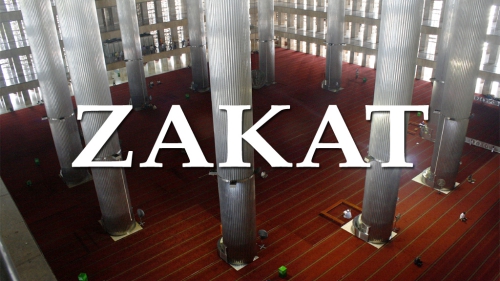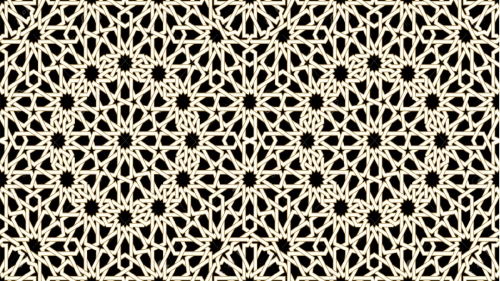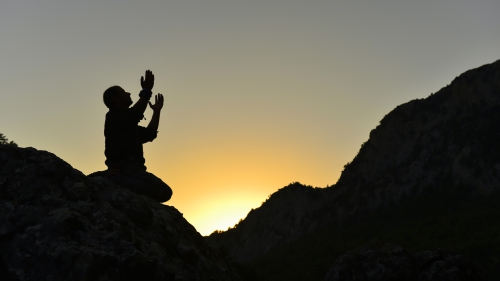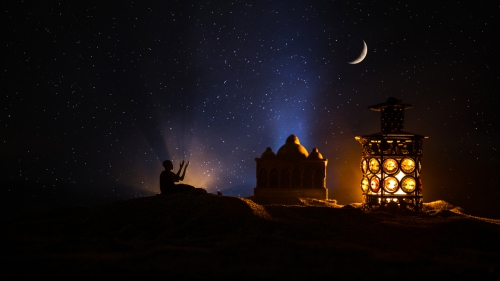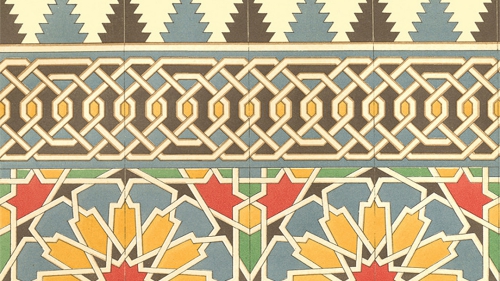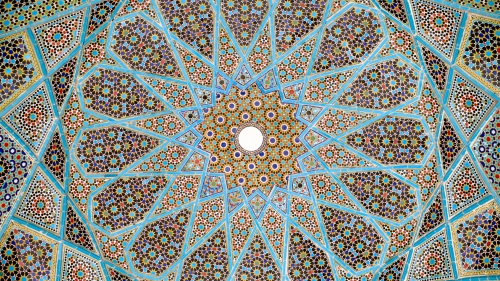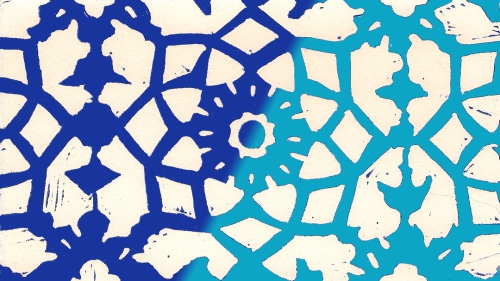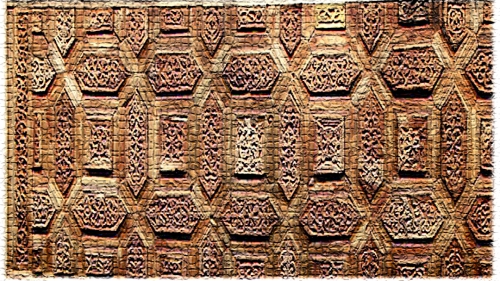Salat al-Tasbih - Prayer of Glorification
During Ramadan and special occasions, we hold a live virtual Salat Al-Tasbih lead by Dr. Aslam Abdullah. Please register below and we will send a reminder the next time we hold this prayer and other events.
Salat al-Tasbih is a spiritually uplifting prayer that combines aspects of Dhikr and Salat.
It consists of reciting the tasbih glorifying Allah swt 300 times over four rakah, 75 in each rakah.
Tasbih:
سُبْحَانَ اللهِ وَالْحَمْدُ للهِ وَلا إِلهَ إِلَّا اللهُ وَاللهُ أَكْبَرُ
Subhaanallaahi walhamdu lillaahi walaa ilaaha illallaahu wallaahu akbar
How to Perform Salat al-Tasbih
(1) After the opening takbir and opening invocation, recite tasbih 15 times
(2) After the recitation of Fatiha and Sura, recite tasbih 10 times
(3) In Rukuh (the bowing position), recite tasbih 10 times
(4) After Rukuh (standing position), recite tasbih 10 times
(5) In Sujud (prostration), recite tasbih 10 times
(6) Between Sujud (prostration), recite tasbih 10 times
(7) In the second Sujud (prostration), recite tasbih 10 times.
Repeat the same in the next three rakah, for a total of 300 glorifications.
There are various Hadiths that are cited to support Salat al-Tasbih. For example, the one related by Imam Tirmidhi in his Sunan from Abd-Allah ibn al-Mubarak. It is related that the Prophet sa said to his uncle, al-Abbas ra, encouraging him to perform this prayer, “… If you perform this, Allah will forgive you your sins–first and last, old and new, accidental and deliberate, minor and major, hidden and manifest… If you can perform this prayer daily, do so. If not, then weekly. If not, then monthly. If not, then each year. If not, then at least once in your lifetime.”
Some scholars have a difference of opinion concerning this practice because it is not documented in other canonical Hadith texts.
Topics: Night Of Power (Laylat Al Qadr), Prayers (Salah), Ramadan Values: Spirituality Channel: Ramadan - Day 27
Views: 6580
Related Suggestions














